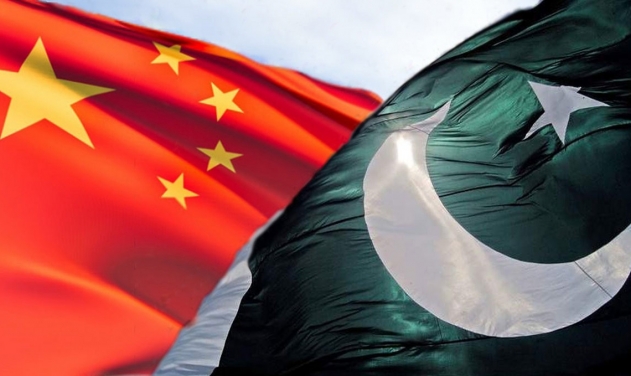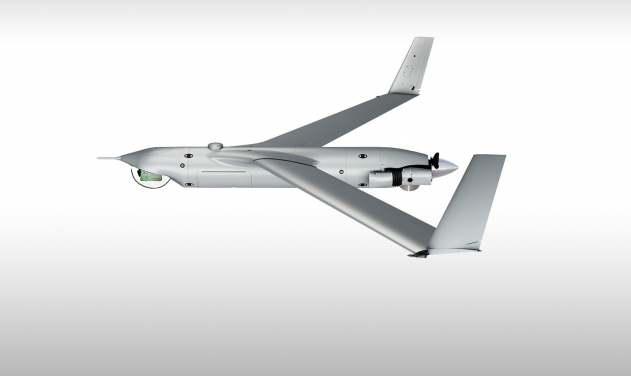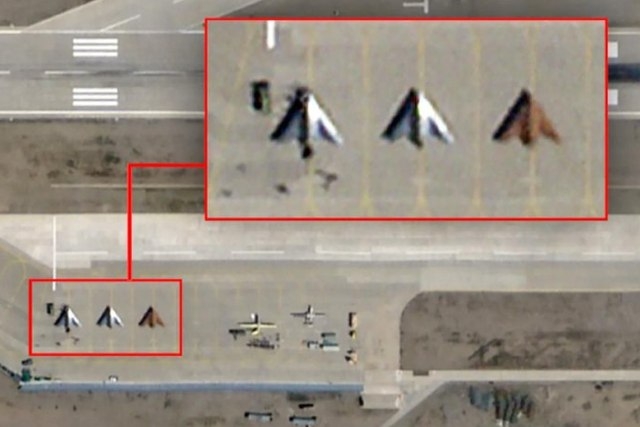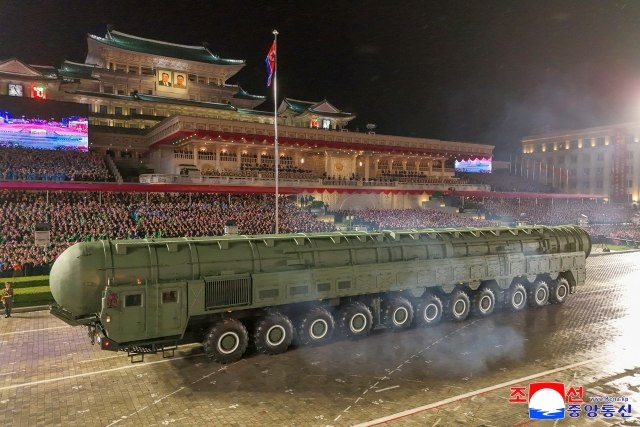Pakistani Maritime Doctrine To Seek Assured Second-strike Capability
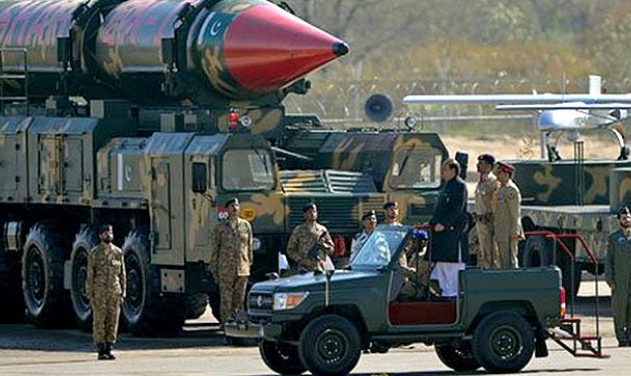
A maritime military doctrine being developed by Pakistan could contain an assured second-strike capability and the need for delving into cooperative mechanisms as a tool for crisis management, military experts were quoted as saying by the Dawn newspaper during a debate on the Military doctrine in the Pakistani capital today.
A ‘second-strike’ capability is expert-speak for deterrence of a formidable nature- such as nuclear tipped missiles launched from the sea or air. It assumes that Pakistan’s sea-based assets would survive the first-strike by the aggressor and counter-attack with their second-strike capability.
The newspaper said that Pakistan is developing its maritime doctrine in response to ‘disturbing developments’ in the Indian Ocean Region (IOR) to protect its maritime interests and respond to conventional and sub-conventional threats emerging there.
The draft doctrine is being reviewed at different levels in the navy and government ahead of adoption.
Senior Research Fellow of Pakistan Navy War College and author of the doctrine retired Commander Muhammad Azam Khan, speaking at the Centre for International Strategic Studies (CISS), said the doctrine aimed at developing coherence and uniformity of thought and action within Pakistan Navy and promoting cooperation with Army, Air Force, allied navies and coalition partners, Dawn reported.
He said the doctrine would further give contextual clarity to all stakeholders and observers of maritime developments in Pakistan. Cdr Khan gave an overview of the doctrine and said its formulation had been necessitated by the evolving threat matrix and maritime environment in the IOR.
“With the regional environment of IOR being marred by uncertainty and political instability, Pakistan has to maintain its maritime security, be cognisant of its security interests and put forth its doctrinal assumptions based on concepts governing application of maritime forces, the command and control structures and a carefully crafted role for its naval forces,” he said.
Retired Naval Chief Admiral Asif Sandila spoke about sea-blindness in Pakistan’s doctrinal thinking — an inability to appreciate the central role the oceans and naval power play in securing strategic security and economic prosperity.
Adm Sandila said the two areas that required special attention in the debate on maritime doctrine were development of an assured second-strike capability and the increasing need for delving into cooperative mechanisms as a tool for crisis management.
